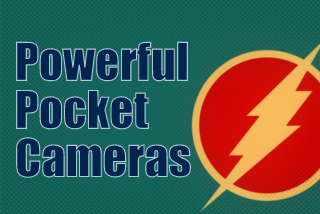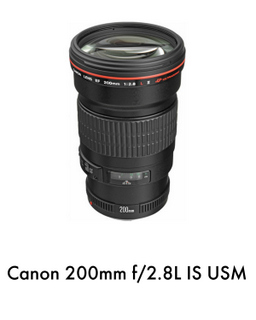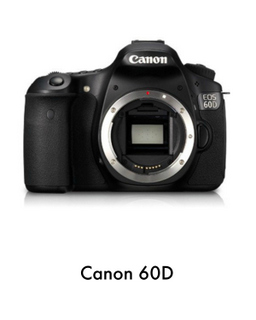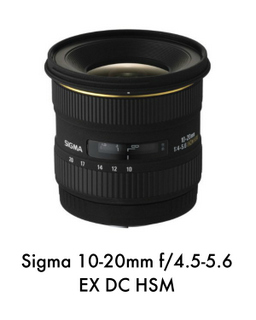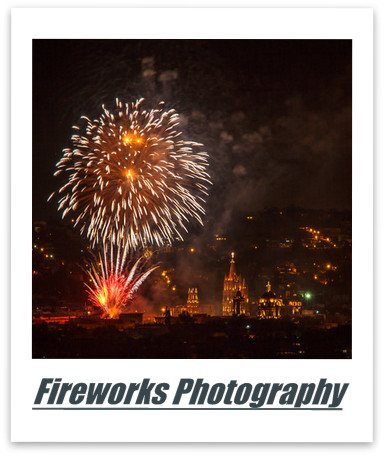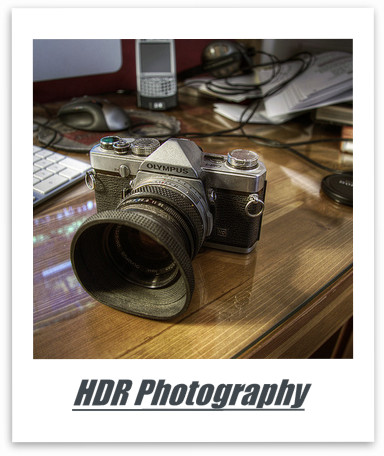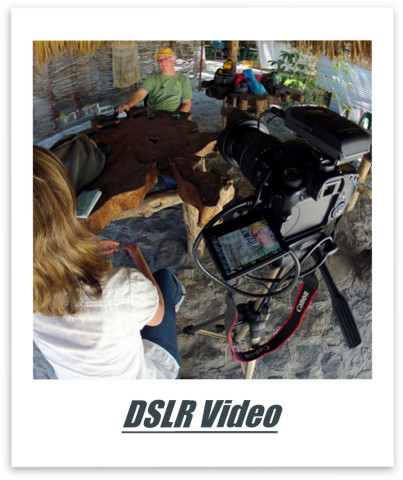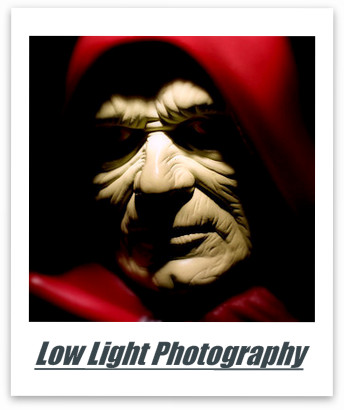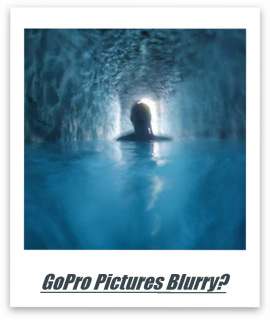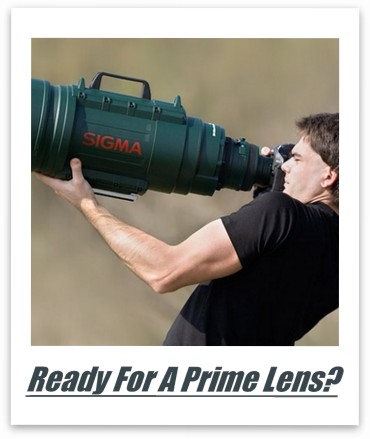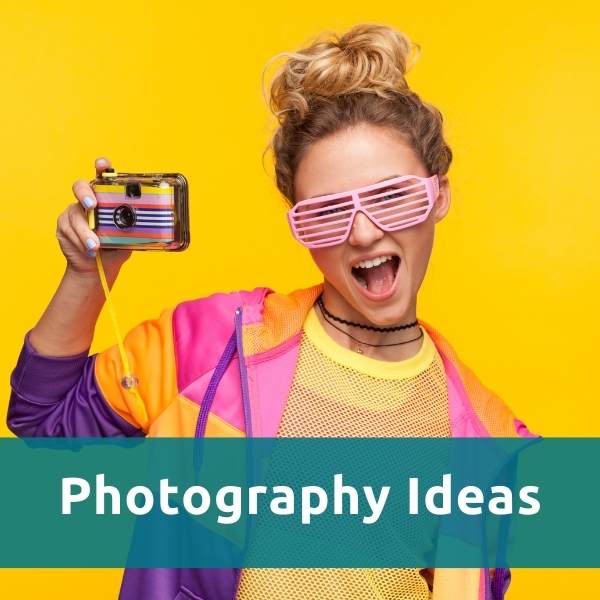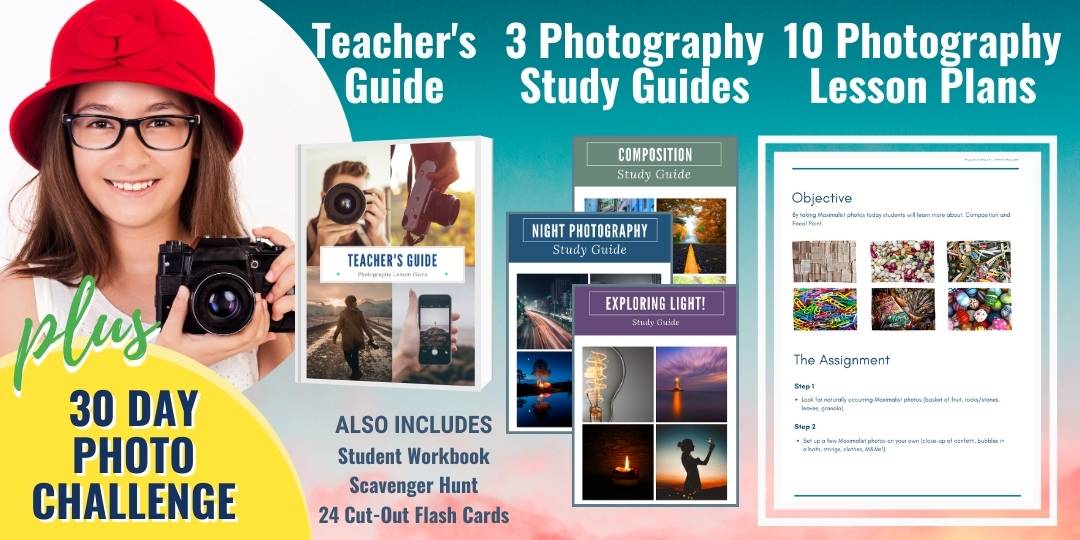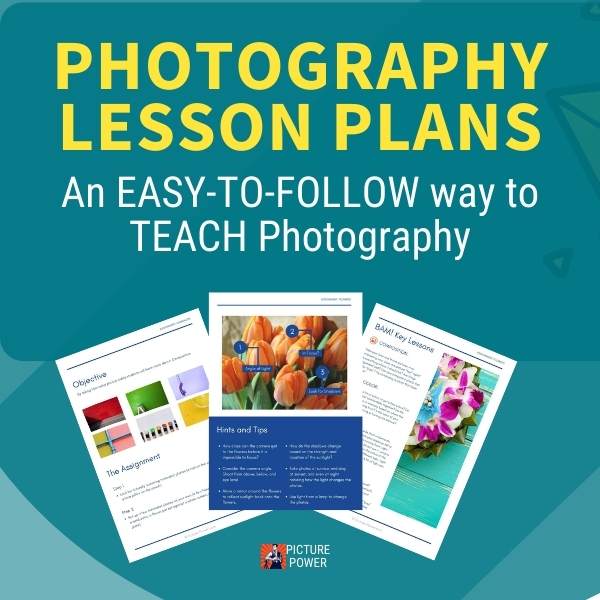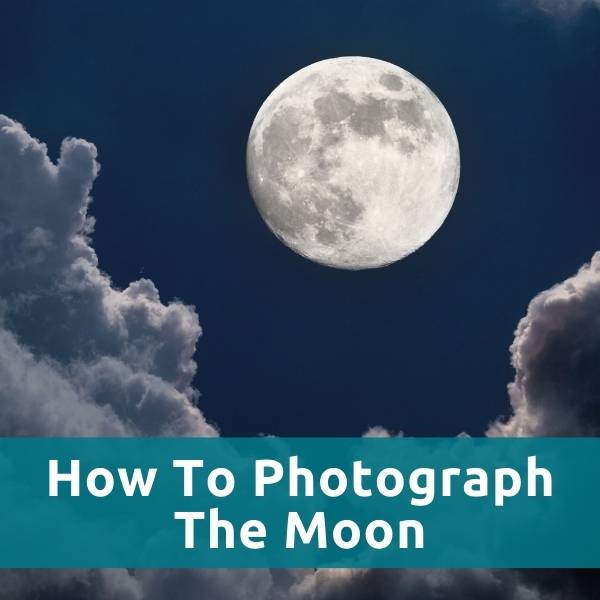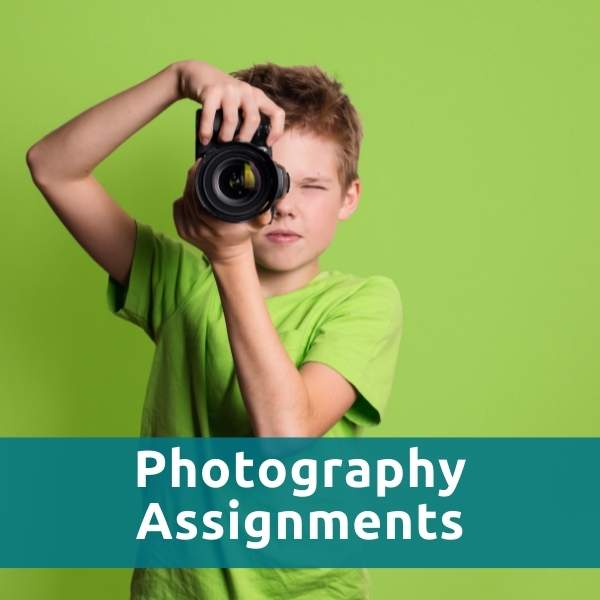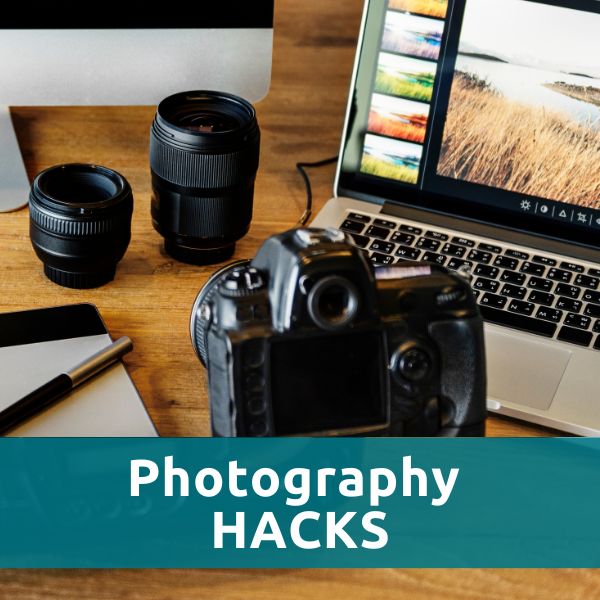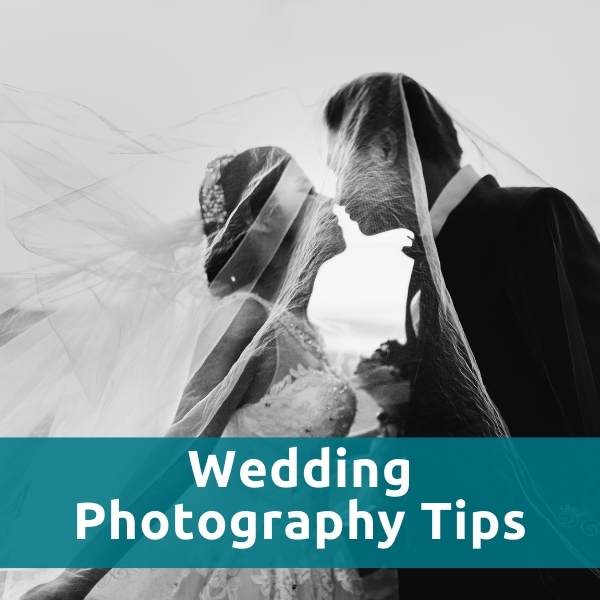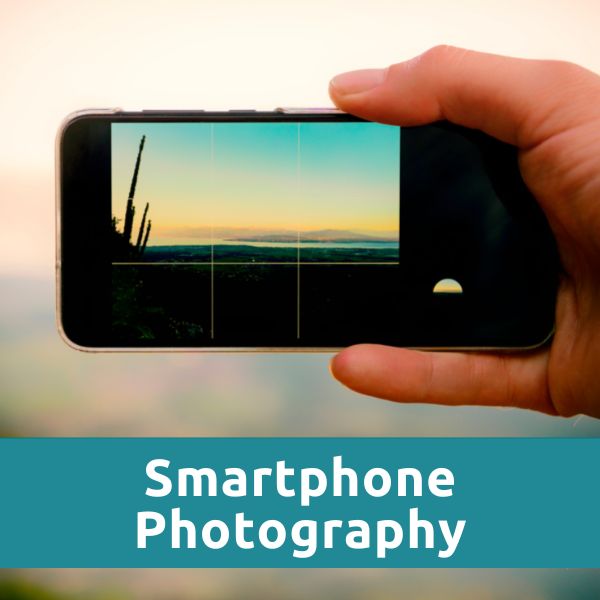How To Choose A Powerful
Pocket Camera
Several people have asked, myself included, can I downsize from a DSLR to a pocket camera? Without losing quality and performance?
This is a time consuming thought for me. I want a small camera that takes good pictures so I don't have to lug my DSLR camera all over the place.
I've considered mirror-less cameras like the Sony Alpha a6000. But here's the thing, in the end a smaller mirror-less camera with interchangeable lenses still requires a strap or a bag or something to accommodate its smaller (yet still large) size.
So, what to get?
If you are looking for a pocket camera with punch you may have to forget about cameras with inter-changeable lenses. A fixed lens has its drawbacks but it really helps to ensure that the camera can fit in your pocket.
Any camera made within the last few years is going to give you good results once you understand the camera and learn to play to its strong suits. If your camera doesn't handle contrasty situations well, try to avoid taking pictures with harsh light and dark shadows. This is true for any camera. Like riding a horse, you have to understand its temperament to get the most of it.
That said, there are some things you should be looking for when buying a pocket-camera.
Large Sensor
Look for the largest sensor you can find. A bigger sensor will bring in a better picture. More megapixels does not mean a bigger sensor. Megapixels are important and once you get over 10MP (in my opinion) you end up wasting hard drive space. Look for a bigger sensor and don't be mislead by high megapixel marketing.
Manual Control
If you are downsizing from a DSLR you likely don't want to give up full manual control. Look for a smaller camera that gives you full manual control. Sure, you can use all of the presets options the camera may come with but there will be times when you just want to take the driver's seat.
ISO Performance
Another big benefit that DSLRs offer is great and sometimes incredibly awesome ISO control. When shooting in a low light situation using a higher ISO is like setting bloodhounds on the scent. Using a high ISO allows you to use the natural light available to you rather than flooding your subject (friends) with the ugly pop up flash light.
You can read more about ISO, its benefits and its problems here.
Lens Focal Length
Since you will be stuck with whatever lens the manufacturer chooses, make sure that you are getting the lens you need. Most smaller cameras can open the lens' aperture to f/2.8, which is important for creativity and low light performance. When shopping for a smaller camera with a fixed lens, I am more interested in the focal range of the lens. For me, I want as wide of a lens as I can get. That's my initial lens measurement.
Zoom range is important but, as is the case with all lenses, the more your lens can zoom the more you concede to image quality.
Only you know if you are going to be taking more pictures of people at your table or more pictures of the people across the street at another table. If you think you are going to be taking pictures from a distance look for a camera that has a good optical zoom.
Powerful Pocket Cameras
Cameras are always improving. And cameras are always getting smaller. And there are a lot of factors to consider when buying a pocket camera that has a punch. Here's a short list of high ranking cameras that may have what you are looking for.
Canon GX7 Powershot
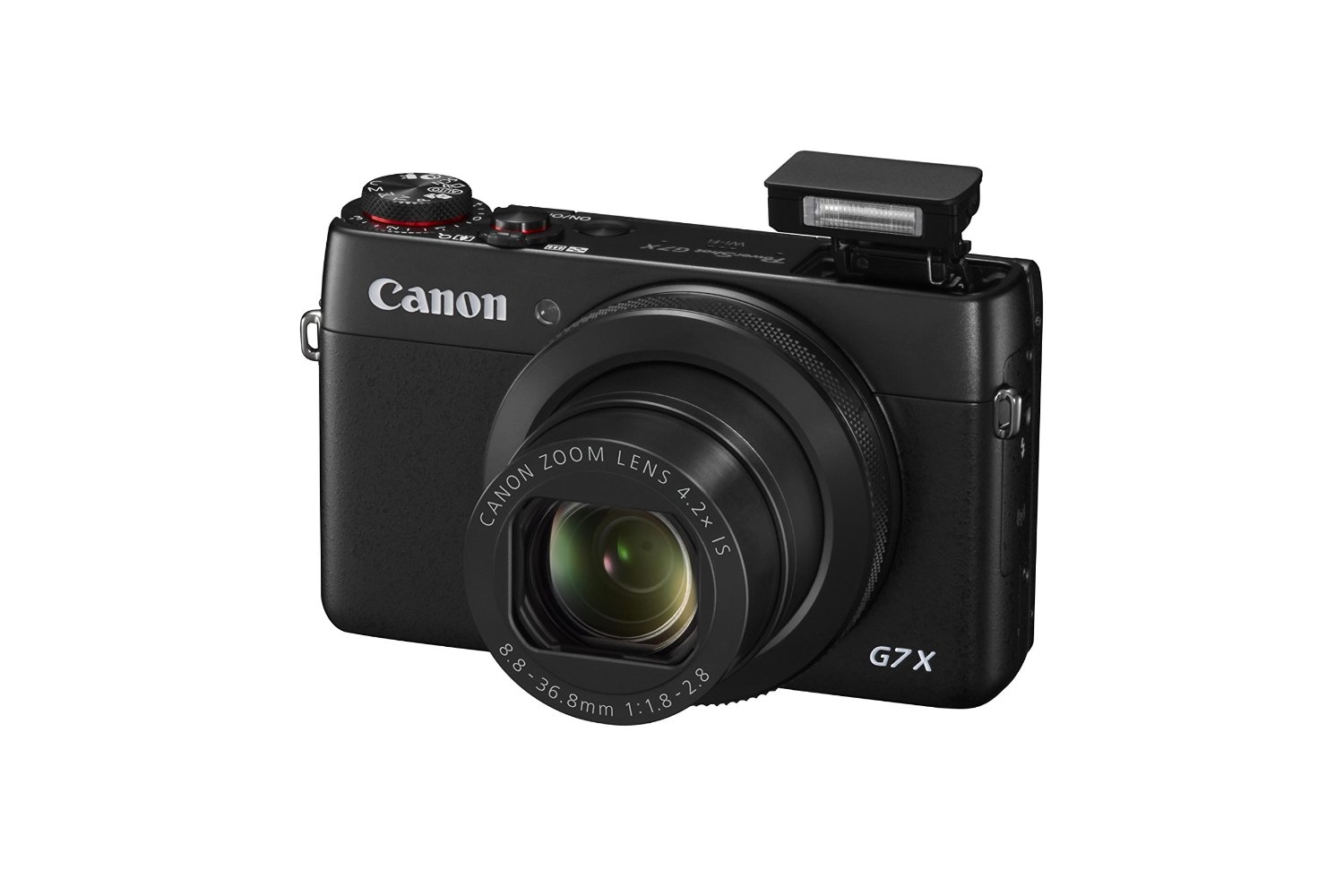
The Canon GX7 offers excellent photo quality and is a great choice for impromptu portrait photographers thanks in part to it's 1" BSI-CMOS sensor. It's fast 24-100mm lens allows for great portrait composition. The large flip screen will come in handy as well.
The Canon GX7 doesn't have great battery life and the write-time for raw files is a little long. If you shoot raw and want to shoot rapid shots, this may be a problem for you.
Canon Powershot s120
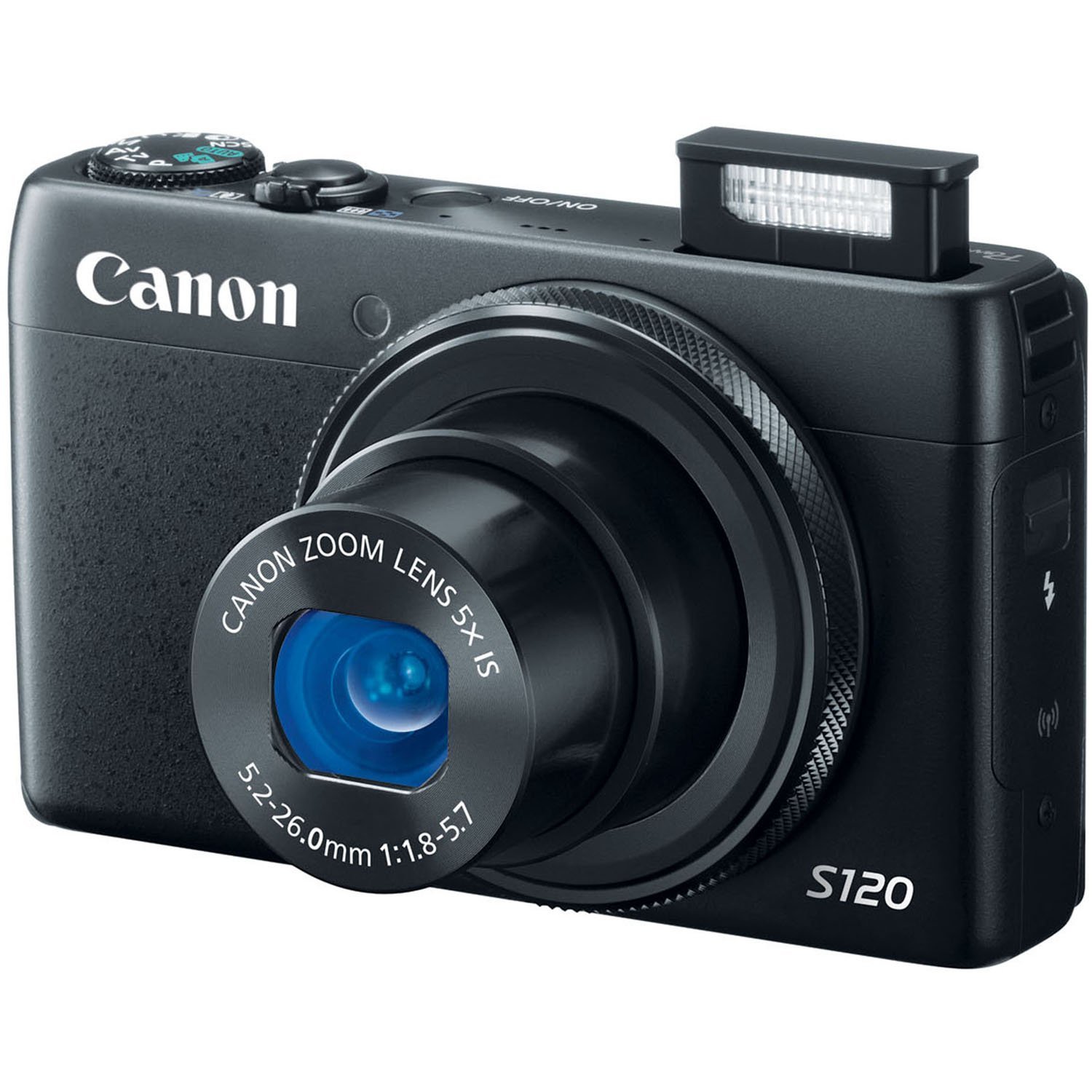
The Canon Powershot s120 has a big sensor and can do some great things in low light. It has built-in Wi-Fi so you can upload directly to your social media. It's small enough to definitely fit into the pocket-size camera category.
The Canon Powershot s120 builds upon a long line of Powershot cameras and is a solid performer even if it doesn't stand out as exceptional.
Sony Cybershot DSC RX 100 II and III
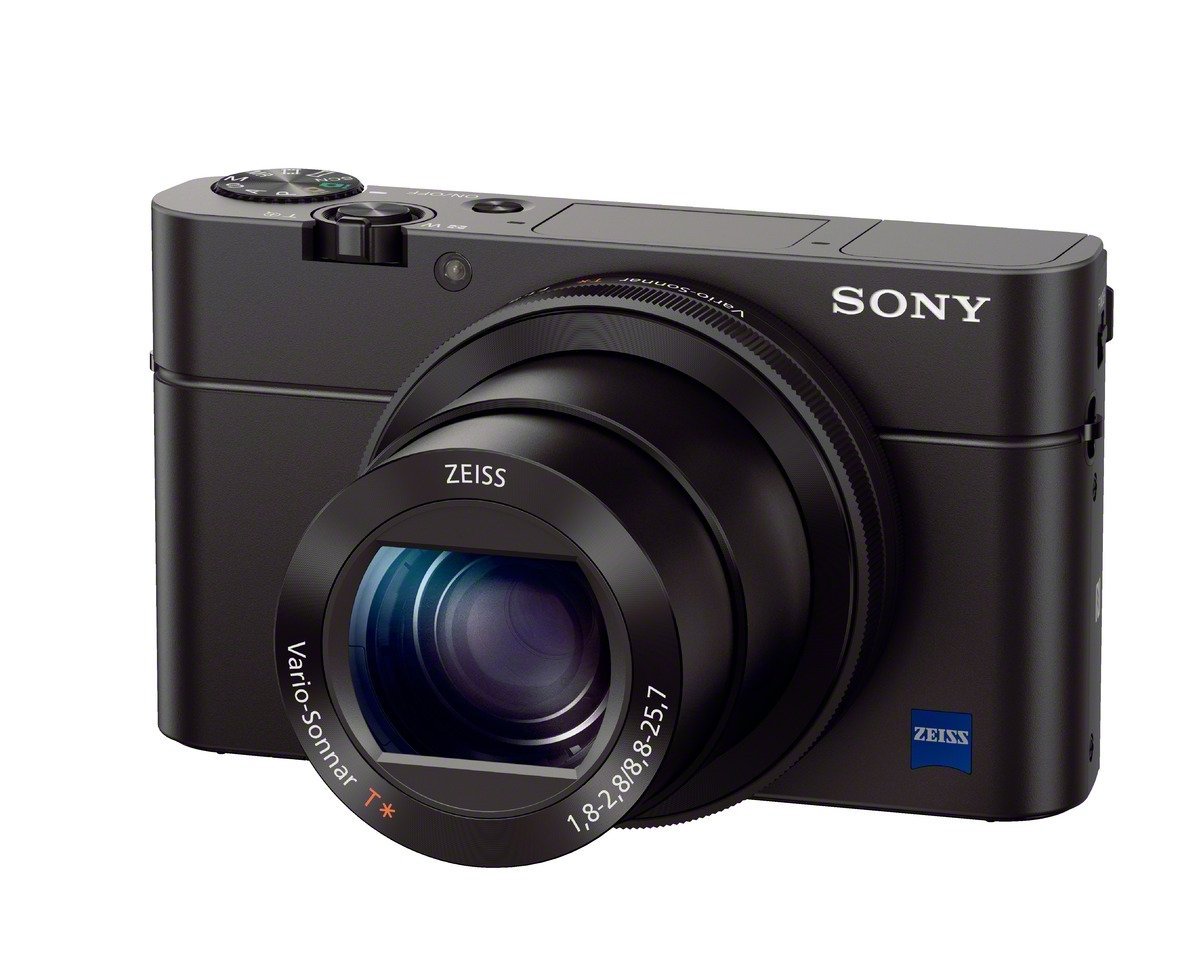
Sony Cybershot DSC RX 100 II and the Sony Cybershot DSC RX 100 III are both impressive cameras. Sony is posing a big big challenge to the traditional DSLR and the Cybershot DSC RX 100's are a big reason why. Performance and image quality are very good and a big LCD screen helps with capturing and reviewing your pictures.
Both of these cameras come with a big photo (and video) punch that can easily be tucked away.
Sony Cybershot DSC HX50V
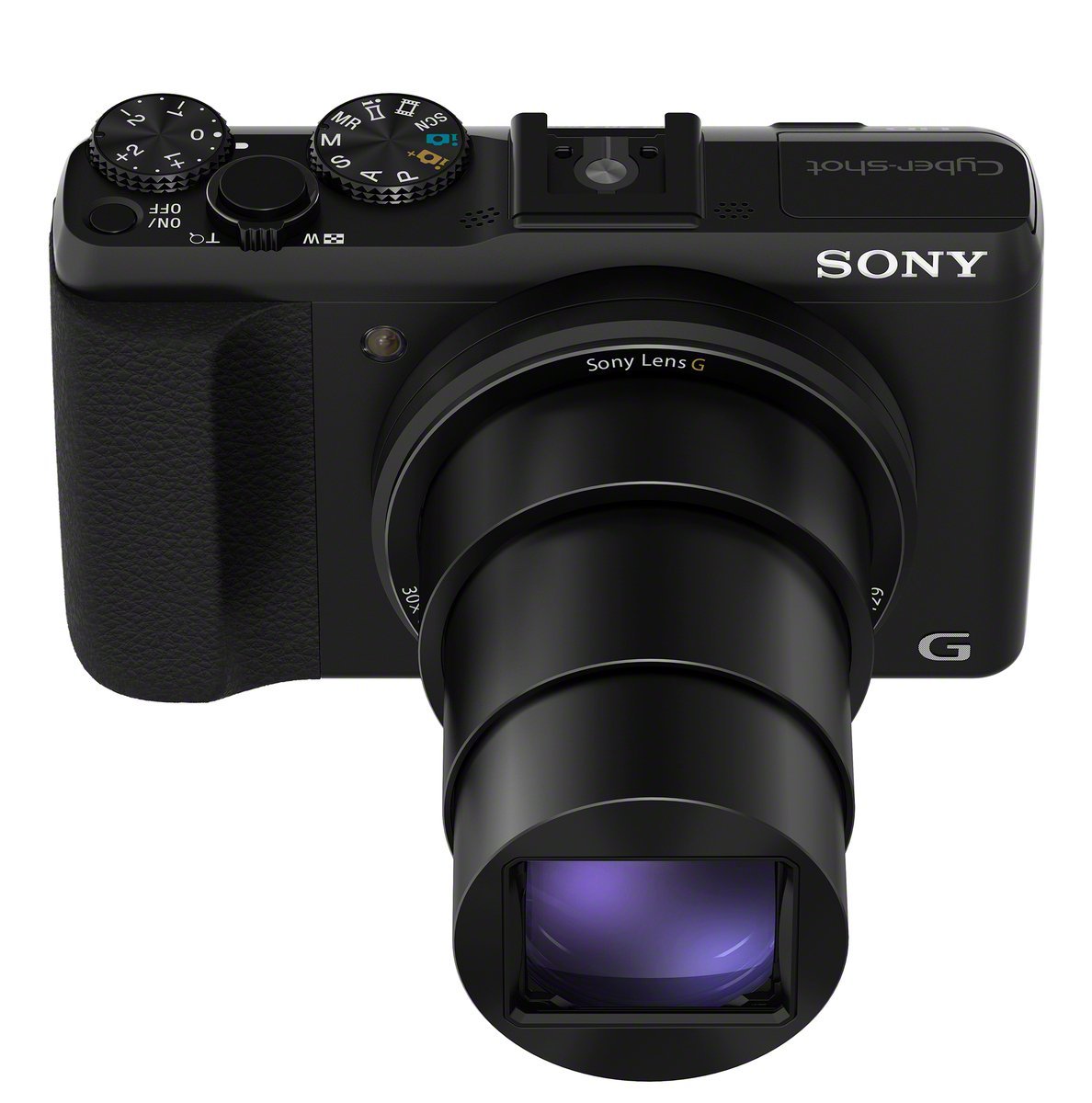
The Sony Cybershot DSC HX50V is another Sony camera that gets a lot done in a tiny package. This lens has an incredible 30X optical zoom with quick and reliable focusing - even in low light.
Shoot at up to 10 frames per second or take stunning sweeping panoramic shots. The HX50V is a camera to consider if you are looking for something smaller yet powerful.
Panasonic Lumix DMC LF1
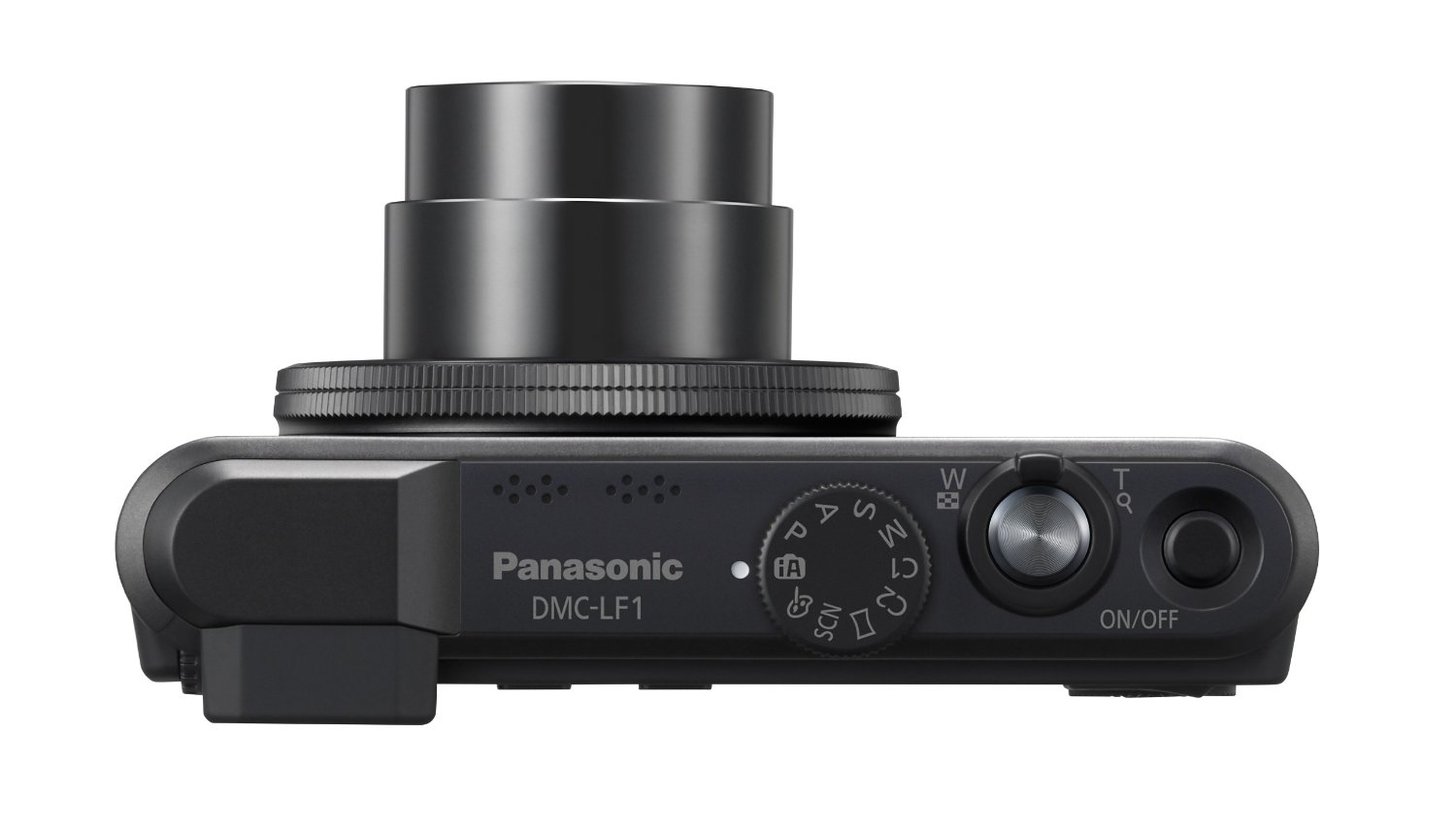
The Panasonic Lumix DMC LF1 is the only pocket-sized premium camera with an adjustable electronic viewfinder. While it may not win awards for image quality it does perform well in low light and is representative of many other good Lumix cameras.
Like many other cameras of this type it has Wi-Fi and a lot of creative control options if you like doing that kind of thing in-camera.
What Else?
Are you downsizing from a DSLR? What DSLR capabilities can you live without and which ones are vital to your photography? Can the world survive only on pocket cameras? Let us know your thoughts below.
